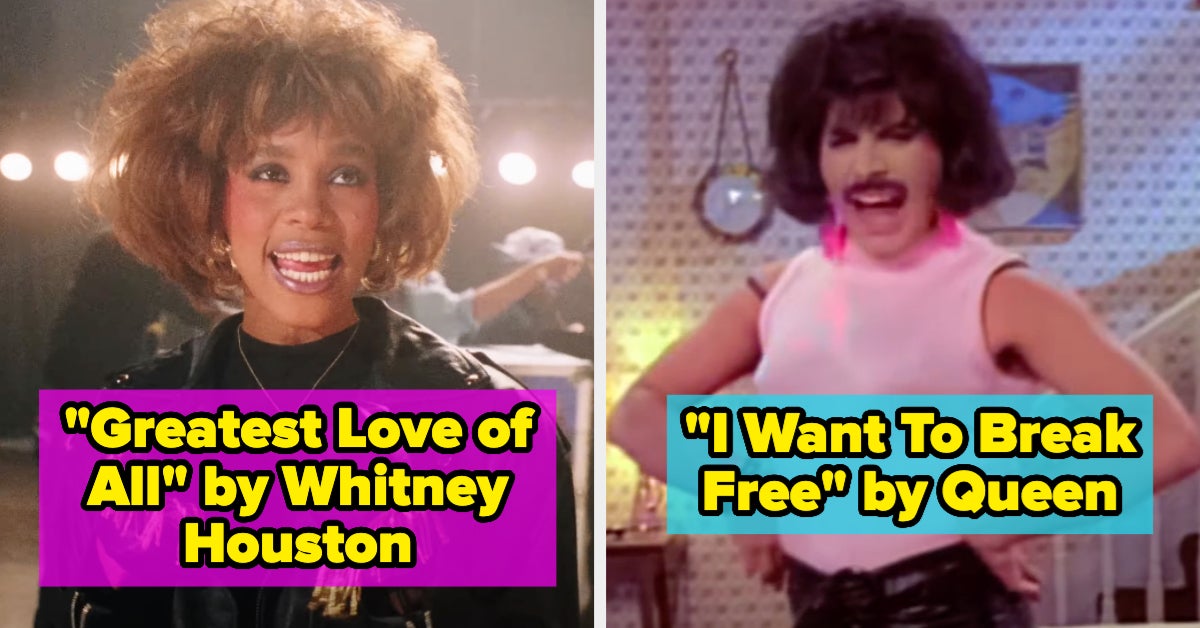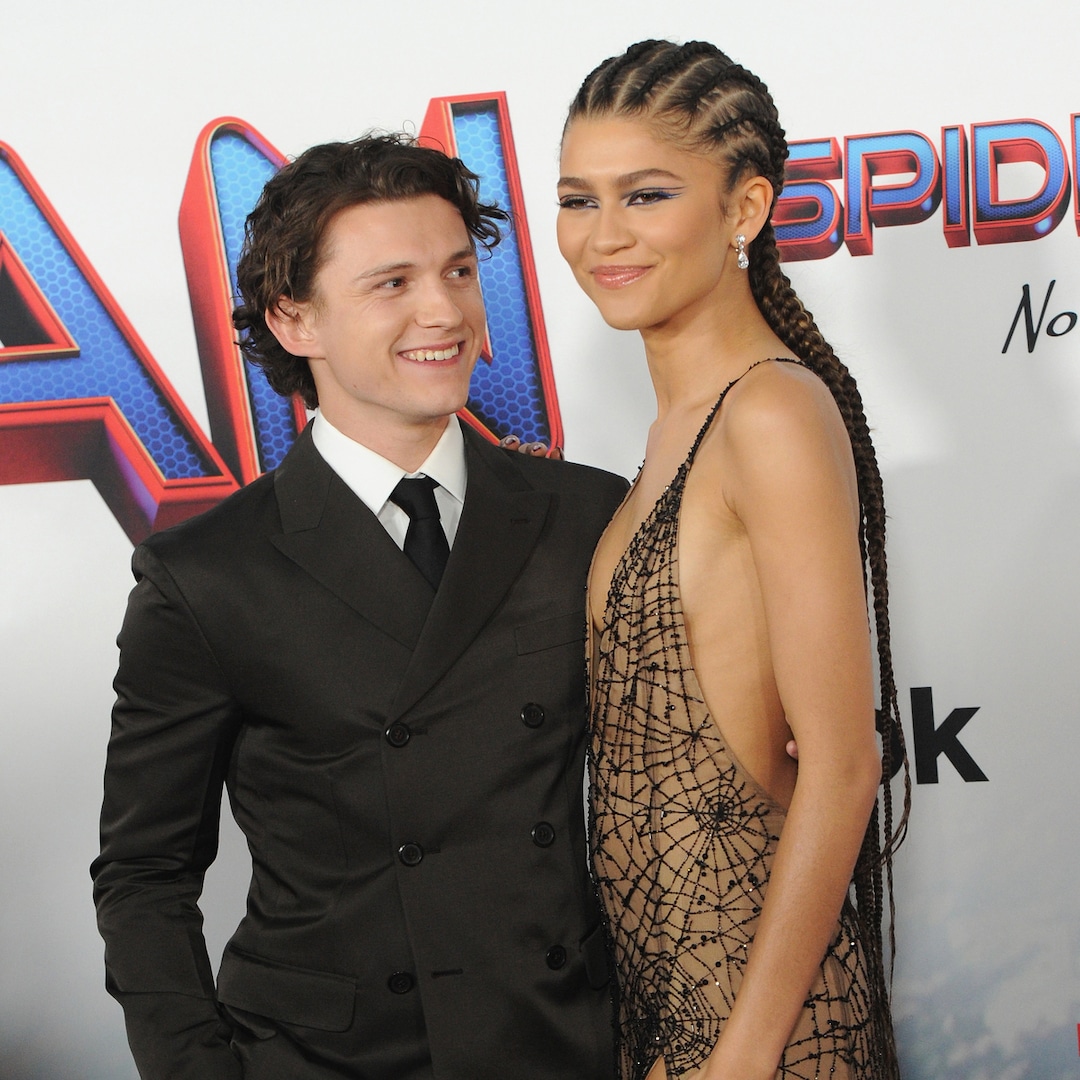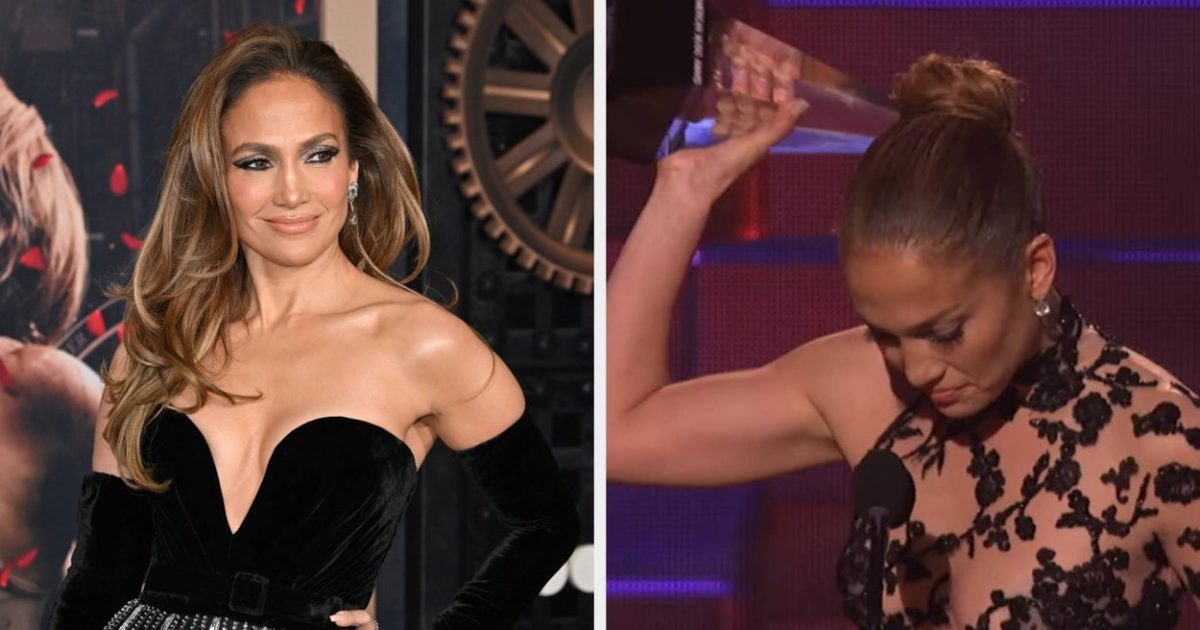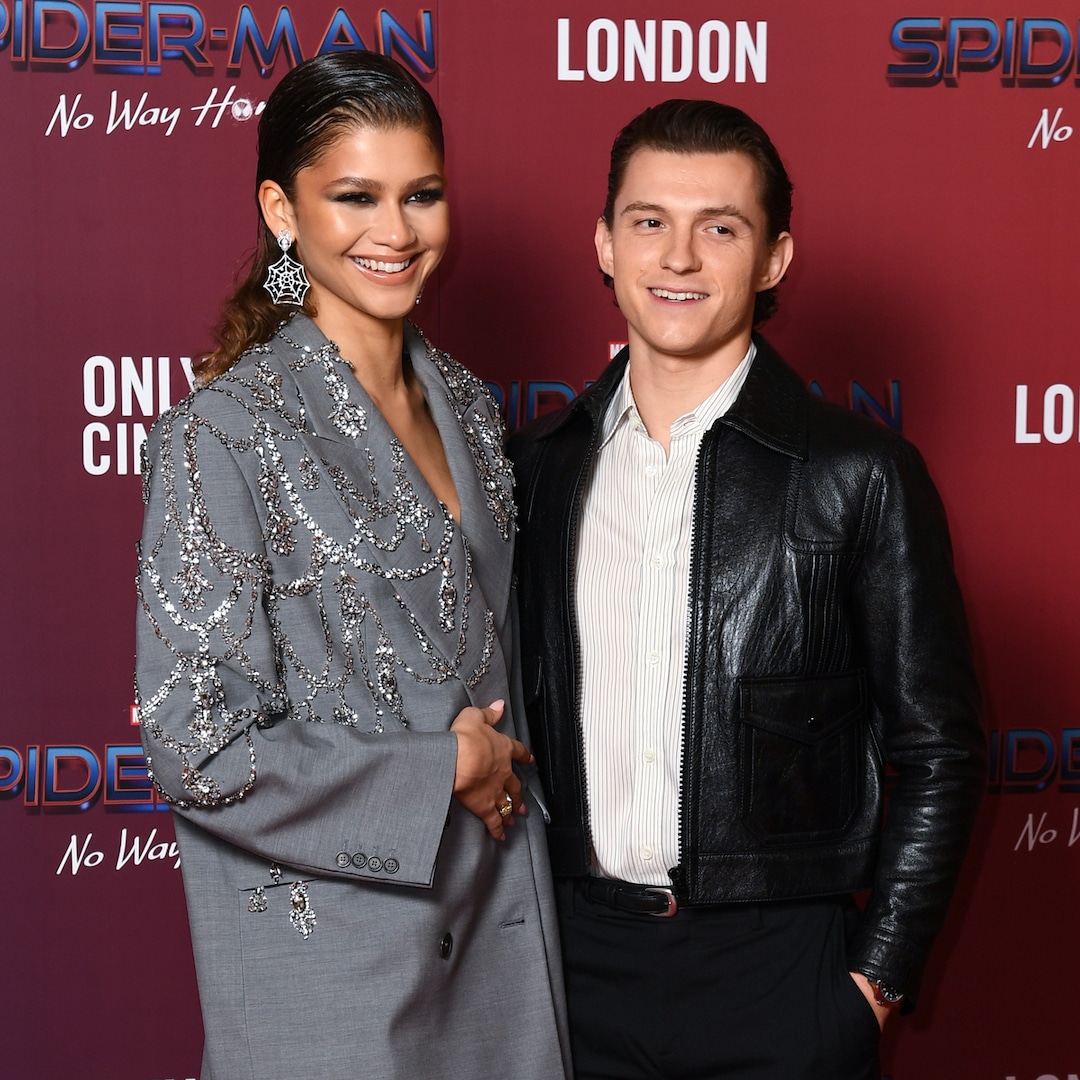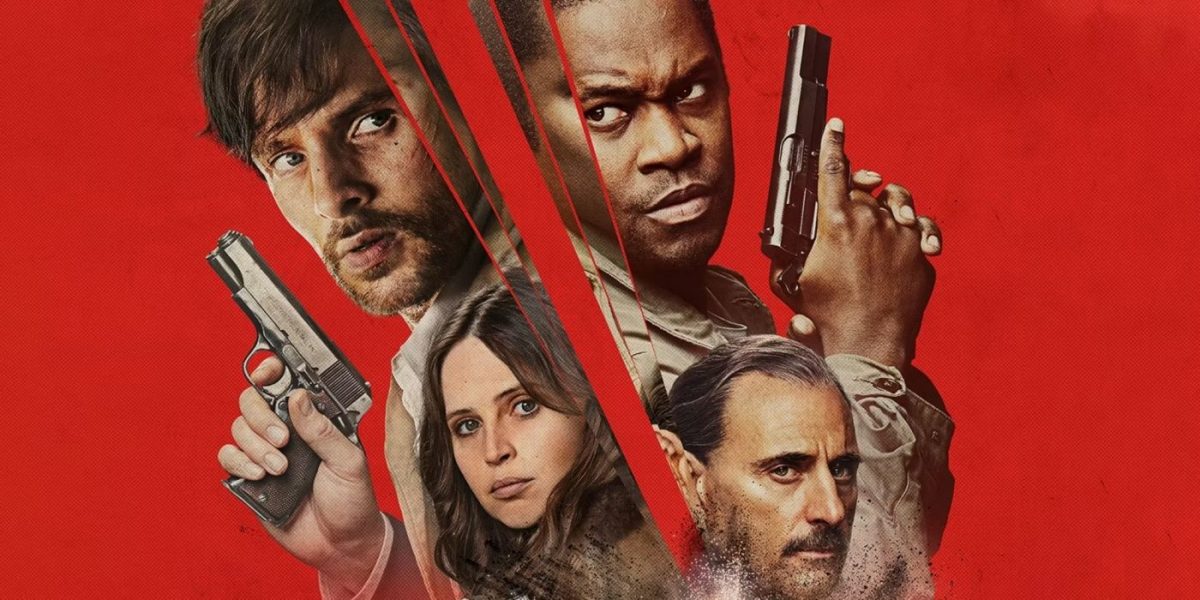
Charles Guard & Thomas Guard on Directing Revenge Thriller ‘Dead Shot’
Aug 20, 2023
The Big Picture
Filmmakers Charles and Thomas Guard spent a lot of time refining the script of revenge thriller Dead Shot, ensuring it captured the 1970s setting and atmosphere effectively. The film is a family affair, with Charles’ wife Felicity Jones acting in it and Thomas’ brother editing it. The collaboration was open and allowed each person to contribute their ideas. The directors aimed to create a emotionally resonant film by exploring the parallels between the story and the present day, including the manipulation of public opinion and the senselessness of violence. They wanted the final moment between the two men to highlight their shared realization.
[Editor’s note: The following contains spoilers for Dead Shot.]Written and directed by Charles Guard and Thomas Guard, the revenge thriller Dead Shot follows Michael (Colin Morgan), a retired Irish paramilitary reeling from an ambush that killed his pregnant wife. On a mission to hunt down and murder Tempest (Aml Ameen), the soldier responsible, the two men realize they have more in common than either could have imagined, the effects of which culminate in an inevitable face-to-face moment.
During this interview with Collider, the filmmakers talked about creating the 1970’s-set revenge thriller, making this film something of a family affair with brother Ted Guard as the editor and Charles’ wife Felicity Jones acting in it, navigating the final showdown between the two men at the story’s center, the parallels to the present day, what led them on the path to directing movies together, and what they’re hoping to do next.
Collider: What would you say is the real key in succeeding with something like this, where you’re taking the genre of the revenge thriller, and then setting it in a very specific time and place? How do you know when you’ve hit the right blend of everything? Is there just an internal gauge for when you’re getting all of that right?
CHARLES GUARD: For us, a lot of it came down to the prep. We spent a lot of time working on the script, and then we were all set to go, just before COVID, but it was pushed down the road, like so many other projects. In a strange way, it gave us lots of time to refine things and to keep looking at how we could do things as economically as possible, but also as effectively as possible. And it gave us an opportunity to do so much research into the visual look of it. There were key things that, once you put them in place, like rubbish on the streets and the dirt and the kind of the cars, and everything feeling a little bit broken down and really crappy, and like the city has not come online, it really felt like that what we looked at for reference. Then, once you’ve made those decisions, a lot of it was the joy of working with the actors and exploring those beats with them and inhabiting the world. It wasn’t something that we were wildly conscious of, as for as it all coming together until it really just comes together.
Image via Quiver Distribution / Mark Mainz
This is really a family affair. You’re brothers directing the movie together, and your other brother was editing it, while Charles’ wife was acting in it. What is that dynamic like, between the two of you, as brothers, when you’re directing? And then, what’s it like to have three of you there for the edit? How does all of that work?
THOMAS GUARD: We obviously know each other very well, so there’s an openness about the collaboration. It doesn’t stop us from discussing and having different points of view, but water always finds a way. They’re very stubborn, narratives, and they take you in the way that they want to be taken, ultimately. All of us wanted to find out where it wanted to go, and we were all trying very hard to make the river as alive as possible. In the end, we just wanted to get it to the sea. I think that openness helps in the process.
Do you guys have a safe word, if the argument gets too out of control, or has that never happened?
CHARLES: We’ve had one in the past. We didn’t on this one.
THOMAS: Not when we’re alone, but when we’re with other people. We did that once. It was quite funny. We had a safe word.
CHARLES: It really helped that we knew exactly what we wanted to do with the material, in terms of making a film like the seventies films that we loved when we were growing up. That was really key to us, films like The French Connection that we used to watch as teenagers. We just dreamt of being able to make films in that way, as freely as William Friedkin and those guys were making film. That just struck us. That was the always the dream of filmmaking.
Charles, did you always want your wife, Felicity Jones, to be in this? What was it like to work with her, to direct her, and to watch her work?
CHARLES: We were incredibly fortunate, when she expressed an interest in the film and in what we were working on. We were extremely fortunate to be in the position where we could discuss it with her and ask her if she wanted to get involved. From her position, she came on board the project as an executive producer, initially, working with her brother through their company Piecrust Pictures. It was amazing to be able to discuss the character of Catherine and how we could get as much as we could from her, knowing that the story was essentially driven by these two male leads. But it was very important to us that we could create, in that seventies way, a film where you were intrigued by all the characters you got to meet, even though we might not spend enough time with them on screen. We wanted them each to feel like real people. It’s not something that you get to see enough, we feel, in contemporary cinema, even with characters like Twomey and his caravan. That was just such an intriguing character, and so straight out of the seventies.
Image via Quiver Distribution
The final moment between these two men was so interesting to watch because we don’t often see characters who come face to face like that, for the reasons that they do, then share an emotional moment where they’re both essentially shedding a tear about it. Why did you want to handle that moment, in that way? Why did you think that was important?
THOMAS: We felt it was important that they, at that point, realize that they’re essentially the same. They’ve been fighting their own reflections that they just projected into something else. It felt a natural, but hopefully unexpected, conclusion to their journeys of vengeance. It was incredibly tense, in terms of shooting that sequence, because we had very little time, in a very windy, desolate location, and the performances of the actors were just amazing. It somehow became that magic thing where there’s so much tension around something that when you turn it over to the cameras, you get magic and freedom. Both of them were just phenomenal, and in a very short space of time, just went to these amazing places. That was really unexpected. So, it was a very exciting and nerve-wracking, but very satisfying sequence to do.
So often, we see a period film like this, where we realize it isn’t that far off from the present day while we’re watching it. Did you guys see those parallels, from the beginning of doing this, or are those things that you realize, the more time you spend telling a story and the deeper it sinks in?
CHARLES: No, that was very much one of the things that appealed to us. It was shocking, as we started working into the script and the story, just how similar the worlds the worlds were. When we were writing it, England was going through the whole chaos of Brexit, and the way that the ideological fault lines were emerging within households and across generations, and the way that a minority of leaders were manipulating the majority of the public into taking these positions of hate, was extraordinary. A lot of our feeling about the difficult time that we were living through, fed its way into the script, and into how we saw characters like Holland and Keenan, and into how we saw characters like Michael and Tempest. That tearful moment that you talk about was so important. It was the heart of the movie for us. It’s the moment where they realize that they’ve been used and it’s been totally pointless. They’ve just been manipulated into being these tools of destruction, and for what? So, I think the parallels were very important.
Image via Quiver Distribution
What was it that drew you guys to filmmaking and storytelling? Was it something you always knew that you wanted to do together?
THOMAS: We grew up fooling around with cameras and making stuff, which was always exciting and fun. But it was really when we started at Cambridge. We made a short film together there, with the Cambridge Footlights, which is a famous comedy group, and we had a great cast. We had Olivia Colman in her first screen role, and David Mitchell and Robert Webb, who are great comedy stars in England. We’d both worked on films in the camera department, but that was the beginning of a proper collaboration. I’d organized the shoot, but the students had no idea that they were expected to get up at 6am to make the day.
CHARLES: I had just finished working on a film in the camera department, and Tom was like, “I told them that the call time was six o’clock, and they were like, ‘Can’t we just turn up at 9:30? That seems like it’s early enough to start.’” And he said, “You’ve gotta come and help me.”
THOMAS: I was like, “I’m just not gonna be able to do this on my own.” So, that’s how it began. We had a great time doing it, and the actors in it were fantastic, so it was really satisfying. It got shown at BAFTA, which was really fun. We all went down to watch it there. And then, we just hoped to carry it on.
CHARLES: Yeah, making Dead Shot was the culmination of that dream, really. We have always dreamed that one day we might be able to make a film, in the way that we made those films as kids, and we were able to do that on Dead Shot. We had a lot of freedom within the extraordinarily difficult budgetary restrictions, with time and money. It actually gave us a lot of freedom.
How do you approach things on set, when you’re directing together?
CHARLES: We tend to do everything together. It’s very much part of the conversation. It’s wonderful to be able to work on the script together because it allows us to distill the vision on the page. And then, when it comes to working with the actors, it allows us to then explore and be quite adventurous and organic in how we reinterpret whatever we were intending the script scene to be. We can then explore a new version of it with the actors, which we love. Keeping things light and fluid and spontaneous is our happy place, in terms of filmmaking, but it’s something that’s often hard to do.
Image via Quiver Distribution
It’s easy to understand why a character would want revenge for the murder of a loved one. It would be a horrible thing to experience the murder of anyone, but then you add women or children to it and it’s worse. And here, you have a pregnant woman, which seems particularly horrific. How did you figure out and decide how much you wanted to show of that moment and the way you wanted to show that moment?
THOMAS: We went back and forth on that scene, for a very long time. It’s funny that you picked that because we had many, many conversations about how best to tell that and the point of view that the audience should see and what we would allow them to see. It was a big process. That was through working with our brother, Ted. That was just the three of us, and we went at it from every angle. Gradually, what felt to us like the right way of doing it emerged, and it just became exploratory. We’re glad you found it effective.
Do you guys have any idea of what you’re going to do next? How do you figure out what that will be?
CHARLES: We love classy thrillers. That really is the type of cinema that we aspire to make.
THOMAS: When we were growing up, it was the type of film that we just loved watching, together as well. We got so much pleasure out of watching films like No Way Out and Presumed Innocent and The Verdict. They were not necessarily always action thrillers, but had a thriller element to them, which was always so exciting.
CHARLES: Being able to place the audience in the seat of, “Don’t do that,” or “That’s exactly what I’d do,” was how we approached watching those movies, and that’s really how we approach making them, really.
Image via Quiver Distribution
Do you have a drawer or a computer file with projects you’re hoping to get made?
CHARLES: I think everyone has drawers. Not just filmmakers. I think everyone keeps things in drawers. Yeah, there are tons of things. There are a couple of projects that we’re looking at, at the moment. Obviously, the strike is putting a pause on things. We aren’t WGA members, but we stand totally in solidarity with our creative partners. But we’re keen to get cracking on something soon, in a similar world. We loved Dead Shot. It really was great material for us to play around with.
THOMAS: And to immerse ourselves in.
CHARLES: And it was emotional. Beyond classy thrillers, achieving something that is emotionally resonant is always our goal.
Dead Shot is in theaters and available via on-demand and digital.
Publisher: Source link
These Are '80s Songs That Gen X'ers And Old Millennials Grew Up On, And There Is No Way Anyone Under 27 Has Heard All Of These
And if you are over 40, then you probably remember when these were brand-new and not songs kids are discovering on TikTok.View Entire Post › Disclaimer: This story is auto-aggregated by a computer program and has not been created or…
Jan 12, 2025
Tom Holland Asked Zendaya’s Dad for Permission Before Proposing
Tom Holland wove the perfect engagement for Zendaya. Less than a week after the Spider-Man actress debuted a 5-carat diamond ring on her left ring finger at the 2025 Golden Globes, Tom's father Dominic Holland confirmed the couple's engagement, sharing a few parts about the special day, including one important detail.…
Jan 12, 2025
Jennifer Lopez Finally Understands Mi Gente Latino Meme
Jennifer Lopez Finally Understands Mi Gente Latino Meme Kicking off 2025, J.Lo is now promoting Unstoppable, a new biography drama in which she stars alongside Moonlight actor Jharrel Jerome. At the 2011 American Music Awards, Jennifer won Favorite Latin Artist…
Jan 11, 2025
Tom Holland's Dad Shares Insight Into Zendaya Engagement
Tom Holland became the greatest showman for his proposal to Zendaya. Just days after the Spider-Man actress turned heads at the 2025 Golden Globes with a 5-carat ring on that finger, Tom's dad... Disclaimer: This story is auto-aggregated by a…
Jan 11, 2025








